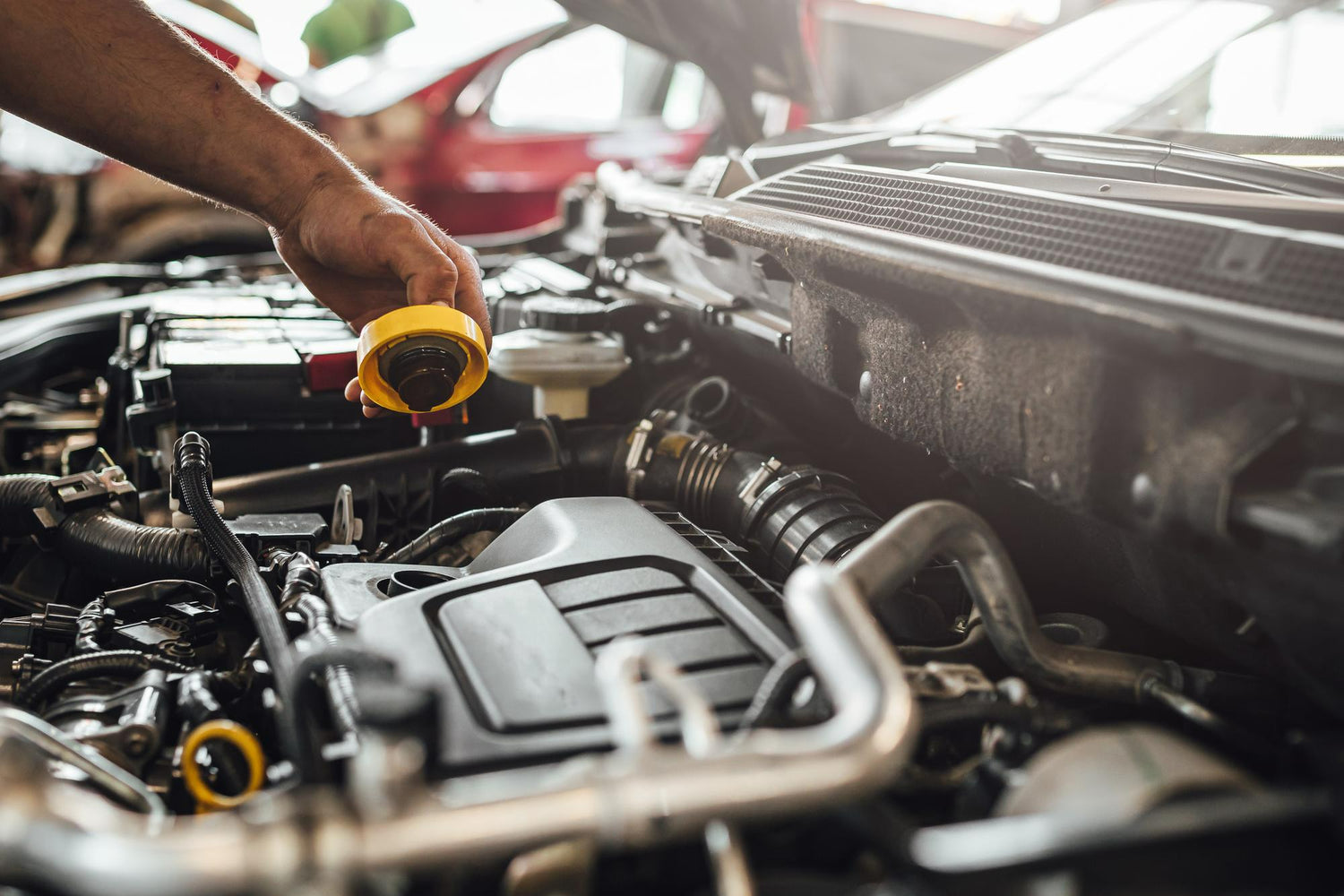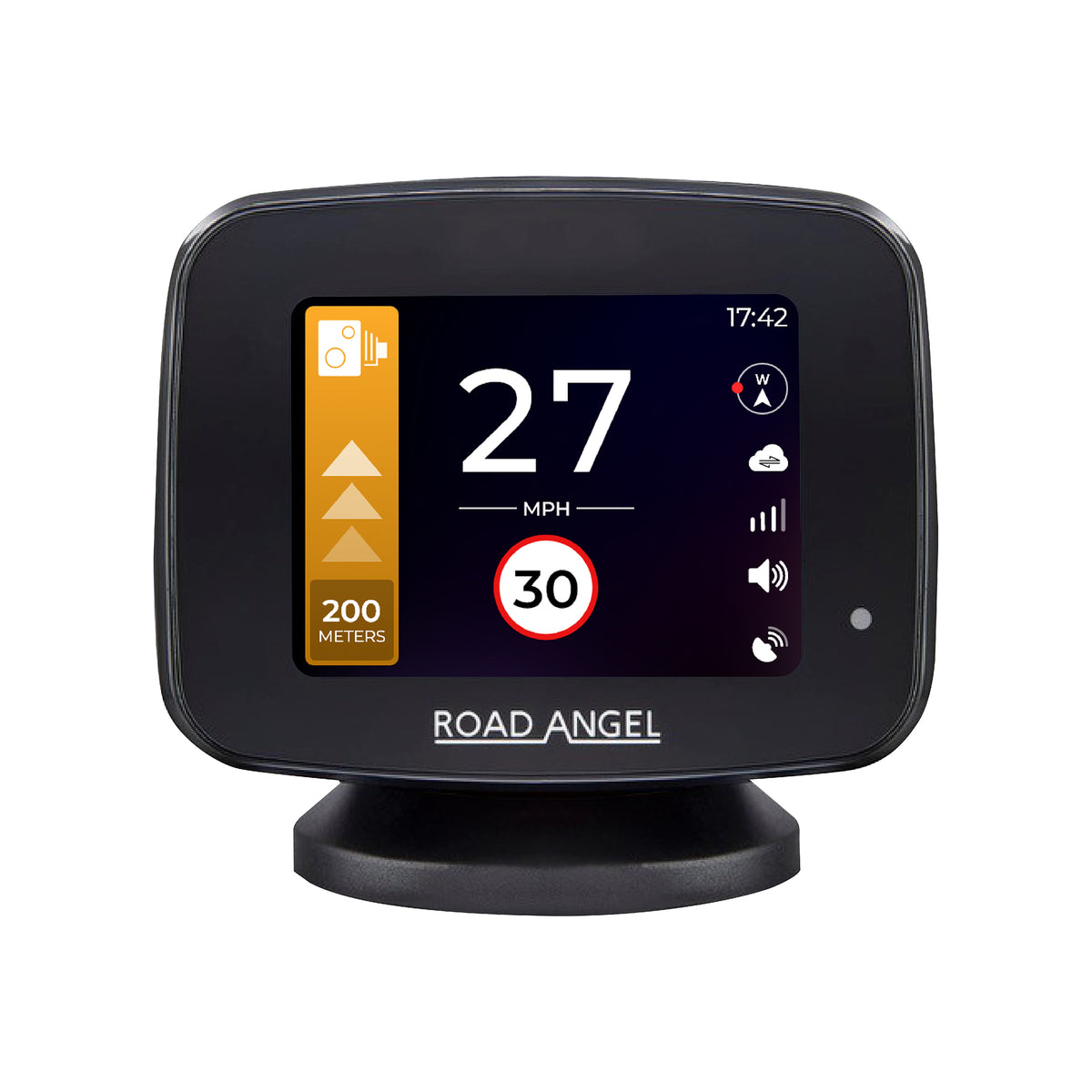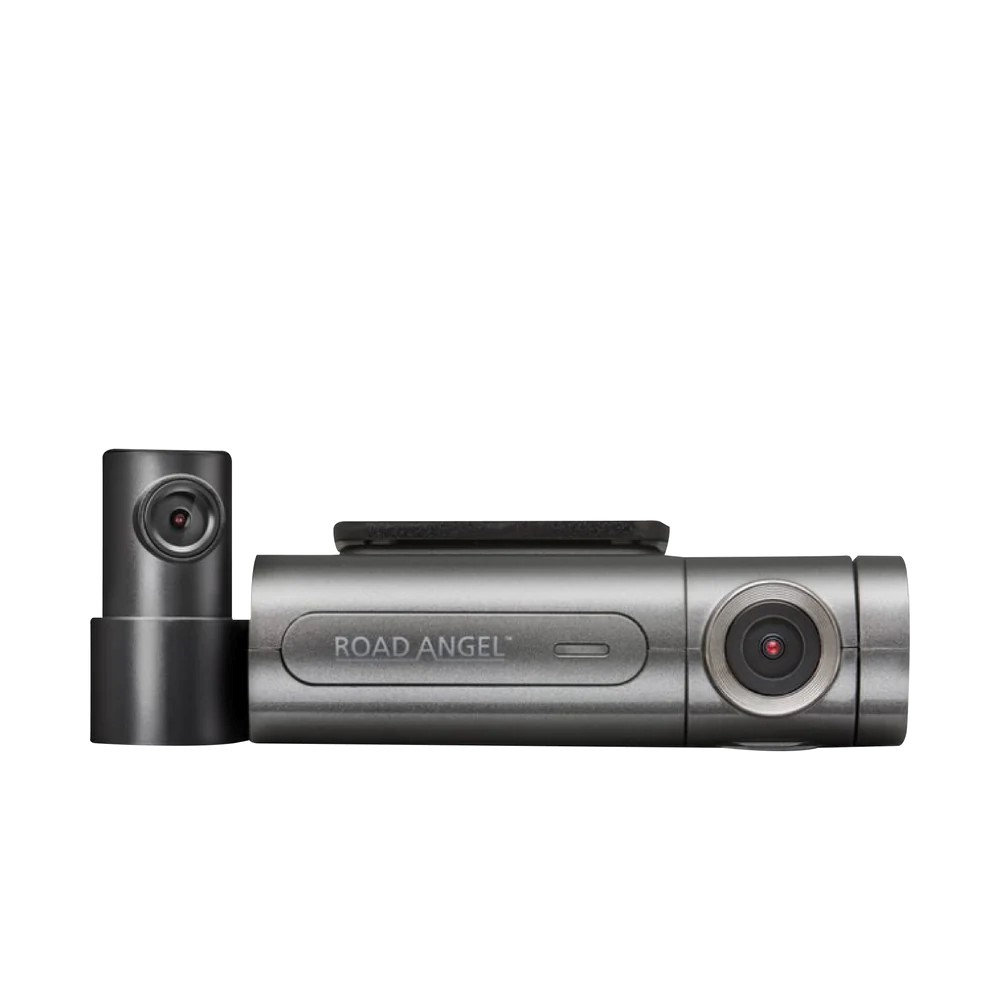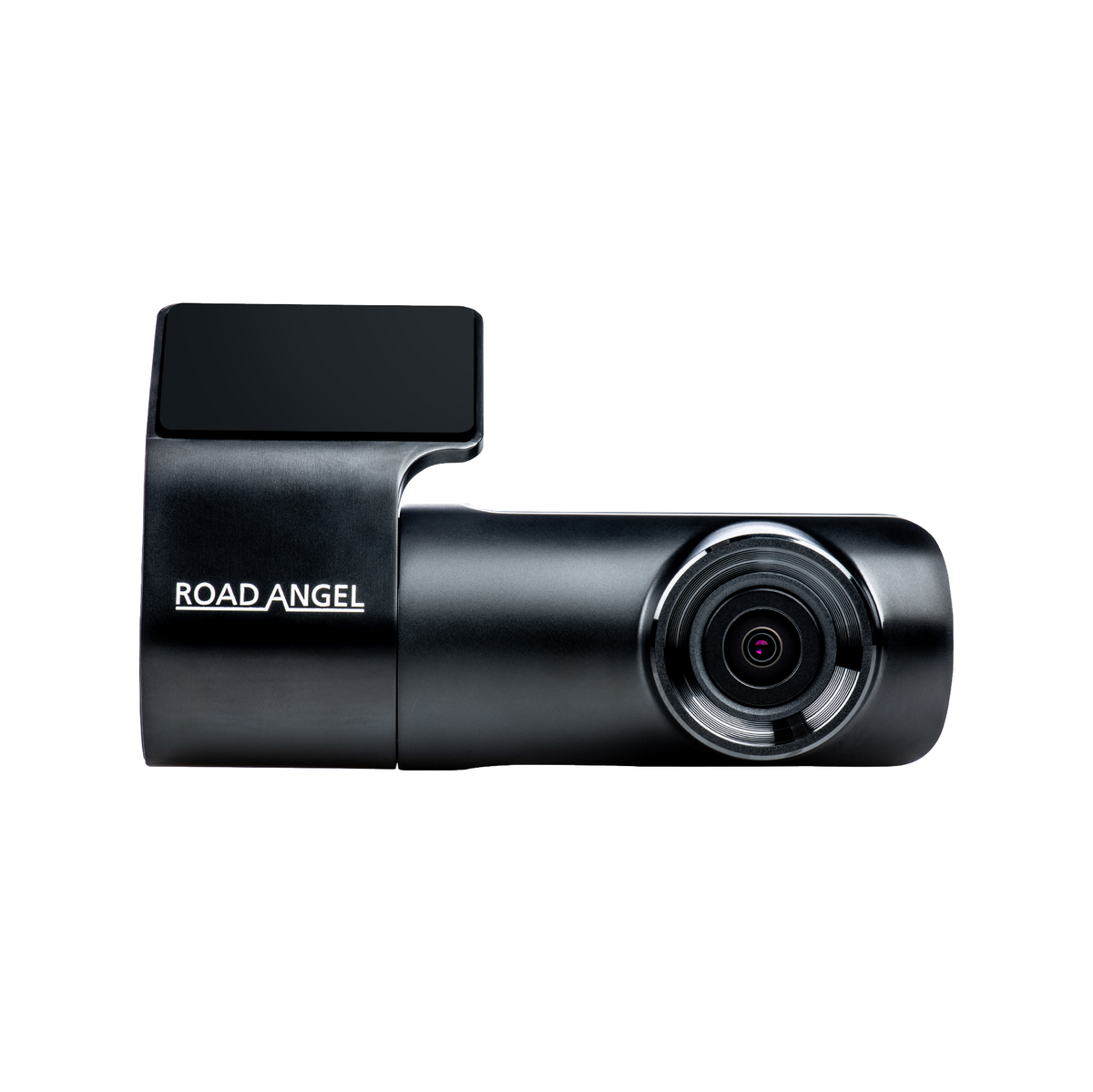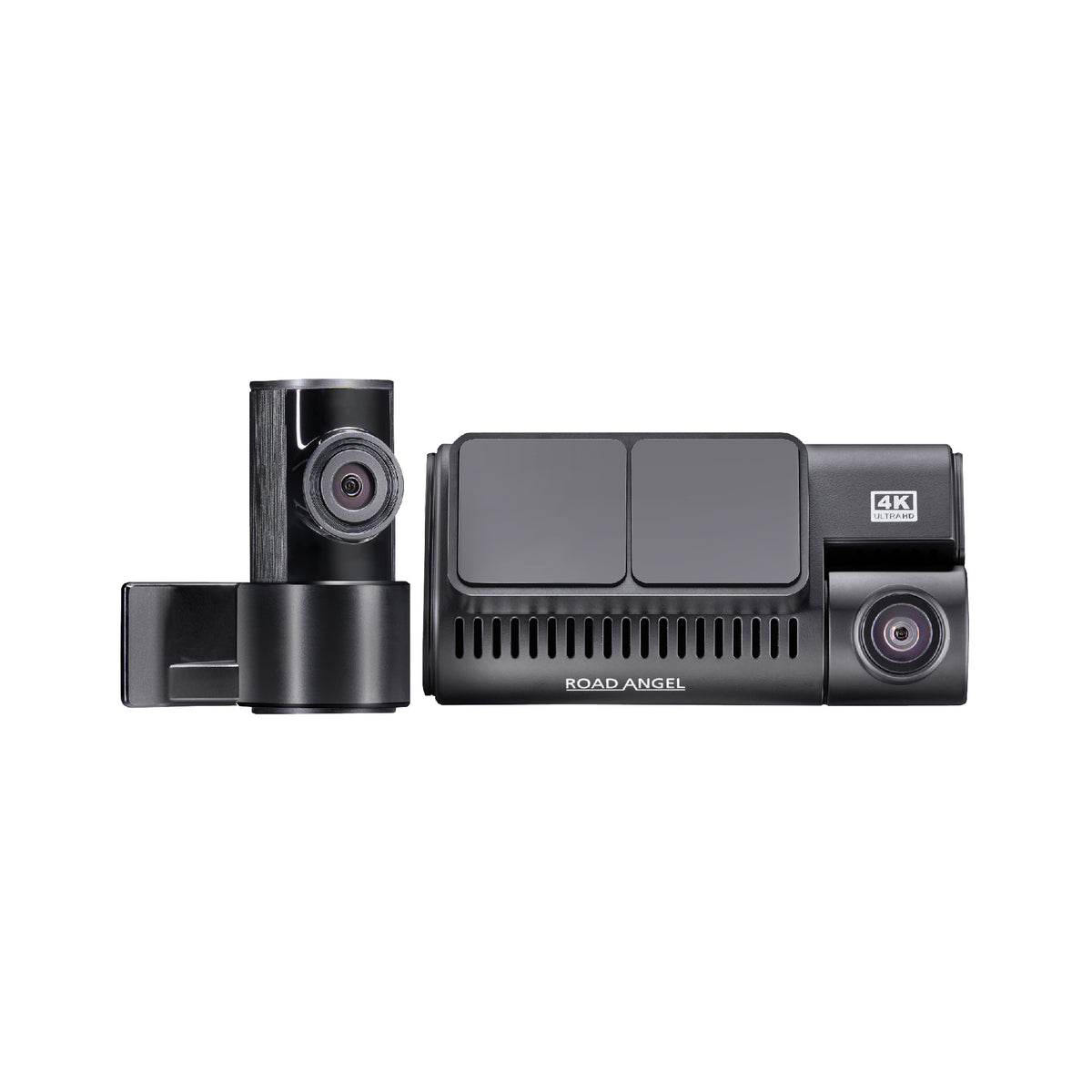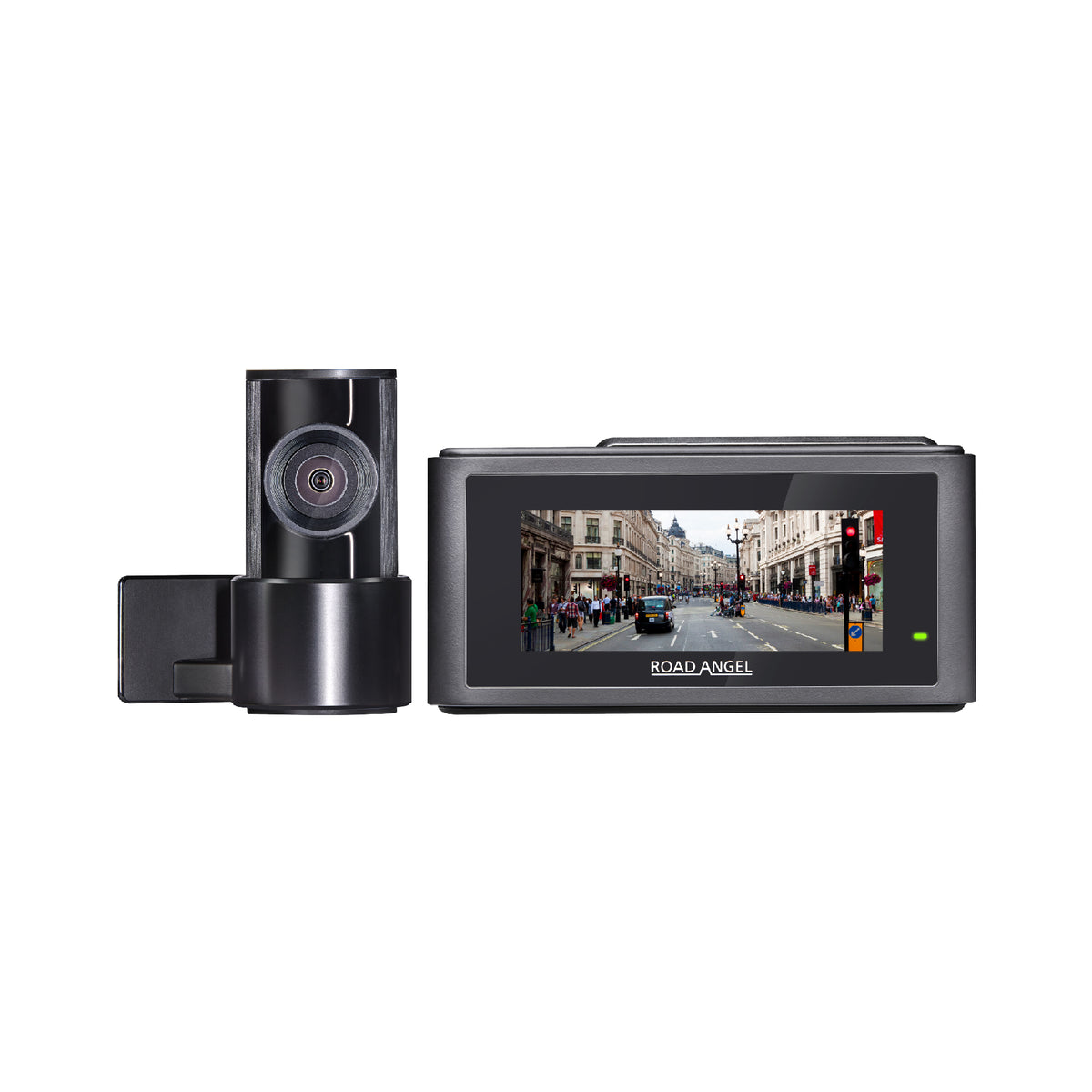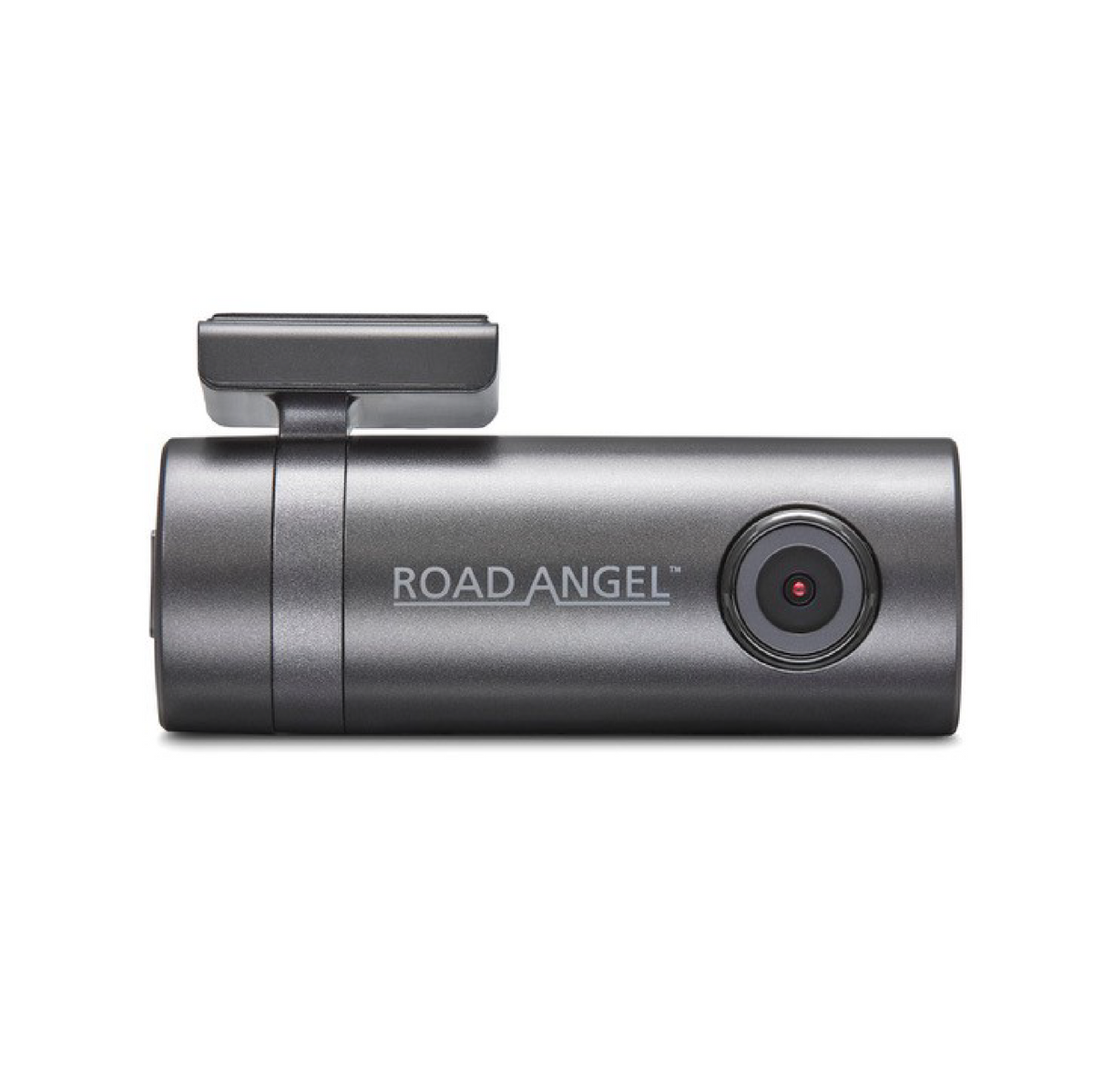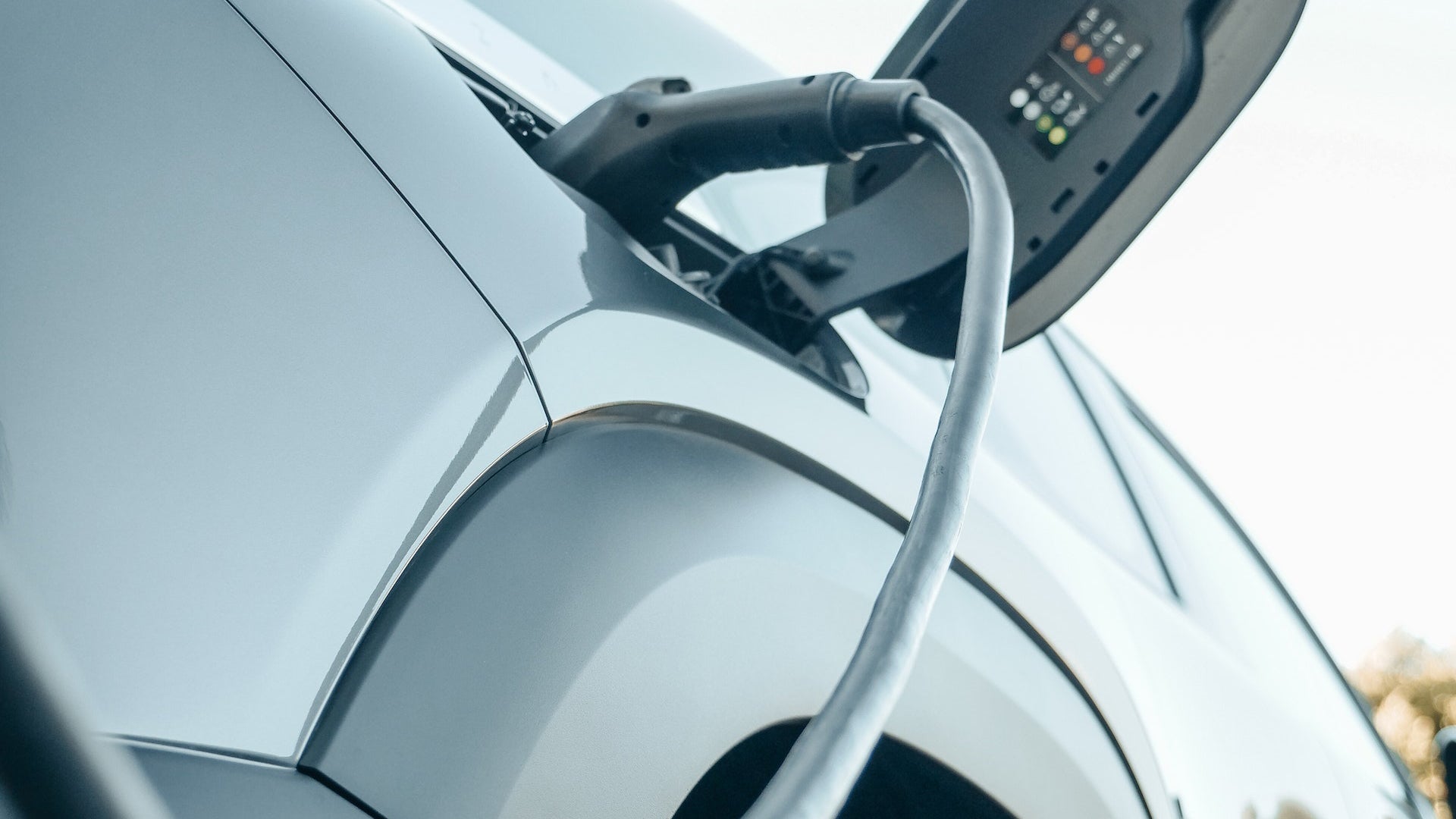Put on your mechanic's hat and whack out the tools - in the fast-paced world of car ownership, staying on top of maintenance is key to keeping your wheels rolling smoothly. Whether you're a novice behind the wheel or a seasoned driver, our blog has got you covered with 10 essential car maintenance tips for beginners.
Buckle up and get ready to steer your way towards a well-maintained and road-ready vehicle. From tire pressure to fluid checks, we'll navigate you through the twists and turns of automotive upkeep of your car, ensuring a smooth ride for both you and your beloved set of wheels.
So let's dive in and unlock the secrets to keeping your car in tip-top shape!
1. Regularly check your tire pressure
Tire pressure directly impacts safety, fuel efficiency, tire lifespan, handling, and overall comfort while driving. Proper tire pressure ensures optimal traction, stability, and grip on the road, reducing the risk of accidents. It also maximises fuel efficiency by minimising rolling resistance.
Maintaining the correct tire pressure helps distribute weight evenly across the tire tread, promoting even wear and extending tire life. Properly inflated tires enhance handling, responsiveness, and overall vehicle performance. Lastly, maintaining the recommended tire pressure ensures a smoother and more comfortable ride for occupants.
Regularly checking and maintaining tire pressure is crucial for a safe, efficient, and enjoyable driving experience.
2. Change the engine oil and filter
Changing the engine oil and filter is important for maintaining the health and performance of the engine. Engine oil lubricates moving parts, prevents excessive wear, and dissipates heat.
Over time, oil becomes contaminated and less effective, while the oil filter traps harmful particles. Regular oil changes ensure proper lubrication, heat regulation, and removal of contaminants, promoting optimal engine performance, fuel efficiency, and longevity. Additionally, oil changes serve as a preventive maintenance measure, allowing early detection of potential issues and reducing the risk of major engine damage.
Regular oil and filter changes are essential for a well-functioning and durable engine.
3. Check and replace other car fluids
Regularly inspect and top up fluids such as coolant, brake fluid, power steering fluid, and windshield washer fluid. Changing and replacing car fluids is important for maintaining optimal performance, safety, and longevity of various systems.
Coolant prevents engine overheating, brake fluid ensures proper brake system function, power steering fluid aids in smooth steering, and windshield washer fluid enhances visibility.
Replacing fluids at recommended intervals helps prevent damage, reduce wear and tear, and maximise the lifespan of critical components. Regular fluid maintenance is crucial for a reliable and safe driving experience.
4. Inspect and replace the air filter
Checking and replacing the air filter is important for maintaining engine performance, fuel efficiency, and engine longevity.
A clean air filter allows for proper airflow, preventing contaminants from entering the engine and reducing the risk of damage. It improves fuel efficiency by maintaining the correct air-fuel mixture and protects the engine from premature wear. Additionally, a clean air filter helps ensure better air quality inside the cabin, benefiting the occupants, particularly those with respiratory sensitivities.
Regular air filter maintenance contributes to a well-functioning engine and a more comfortable driving experience.
5. Keep an eye on your car battery
Regularly checking your car battery is crucial for various reasons.
Firstly, it ensures reliable vehicle starting by verifying that the battery has sufficient charge to start the engine without any issues.
Secondly, it promotes optimal performance of the electrical system, as the battery powers crucial components such as lights, air conditioning, and infotainment systems.
By checking the battery, you can identify potential issues that may affect electrical performance, such as low voltage or faulty connections. Moreover, monitoring the battery allows you to assess its health and lifespan, enabling you to anticipate when it may need replacement. This proactive approach prevents unexpected battery failures and the inconvenience of a dead battery.
Additionally, by inspecting the battery, you can address corrosion and maintain proper connections, ensuring efficient electrical flow. Regular battery checks also serve as preventive maintenance, allowing early detection of warning signs like slow cranking or dim lights, enabling timely intervention to prevent breakdowns.
Overall, incorporating regular battery checks into your maintenance routine contributes to a reliable vehicle, optimal electrical performance, and peace of mind during your journeys.
6. Check the brake system
Regularly checking the brake system in a car is essential for safety, optimal braking performance, and preventive maintenance.
By inspecting brake components, such as pads, rotors, and fluid, you can identify wear, damage, or degradation and address them promptly. This ensures reliable stopping power, enhances vehicle control, and minimises the risk of accidents. Brake system checks also contribute to preventive maintenance by detecting potential issues early on, reducing repair costs, and maintaining overall system reliability.
Prioritising brake system checks is crucial for a safe and enjoyable driving experience.
7. Maintain proper wheel alignment
Proper wheel alignment is essential for several reasons. It helps maintain even tire wear, maximising tire lifespan and reducing replacement costs.
Correct alignment enhances vehicle handling and steering response, ensuring a smoother driving experience and precise control. It also improves fuel efficiency by reducing rolling resistance and lowering fuel consumption.
Maintaining proper alignment reduces stress on suspension components, promoting their longevity and minimising the need for expensive repairs. Moreover, proper alignment contributes to overall driving safety, enhancing stability, braking performance, and control in various road conditions.
Regular alignment checks and adjustments, performed by professionals, are recommended to ensure these benefits and prevent potential issues.
8. Replace worn wiper blades
The purpose of replacing worn wiper blades is to ensure clear visibility and safe driving in adverse weather conditions. Over time, wiper blades can become worn, cracked, or damaged, which affects their performance when clearing the windscreen. Worn blades may leave streaks, smudges, or miss spots on the windscreen, impairing the driver's visibility and potentially compromising safety.
Additionally, worn wiper blades can cause irritating noises or vibrations, further distracting the driver. By replacing worn wiper blades, you ensure effective and efficient removal of rain, snow, dirt, and debris from the windscreen, providing optimal visibility and enhancing safety on the road.
It is recommended to replace wiper blades at the first signs of deterioration to maintain clear visibility and ensure a comfortable driving experience, especially during inclement weather conditions.
9. Keep the exterior clean
By regularly washing and waxing your car, you're providing protection against corrosion by shielding the paint and metal surfaces from dirt, dust, bird droppings, salt, and pollutants. This helps prevent rust and paint damage, prolonging the life of your vehicle and saving you from costly repairs.
Additionally, a clean exterior preserves the resale value of your car, as a well-maintained appearance attracts potential buyers. You can also identify and address issues such as scratches or chips in the paint before they worsen. Moreover, maintaining a clean exterior improves aerodynamics slightly, and by reducing drag it results in better fuel efficiency.
Overall, a clean car reflects your attention to detail, enhances your pride as an owner, and contributes to the overall longevity, appearance, and value of your vehicle. Regular cleaning and maintenance are key to enjoying these benefits and ensuring your car remains in optimal condition.
10. Follow the recommended service schedule
Following your car manufacturer's service schedule is crucial for several reasons. The service schedule is designed by the manufacturer based on extensive testing and expertise specific to your vehicle model. Adhering to this schedule helps ensure that your car receives the necessary maintenance and inspections at the recommended intervals. By doing so, you can identify and address potential issues early on, preventing them from escalating into more significant and costly problems.
Regular servicing helps maintain the performance, reliability, and safety of your vehicle. It includes vital tasks such as oil changes, filter replacements, fluid checks, and inspections of various components. These maintenance activities help keep your car running smoothly, extend its lifespan, and preserve its resale value. Furthermore, following the manufacturer's service schedule helps maintain the validity of warranties and ensures compliance with any required maintenance for warranty coverage.
Adhering to the service schedule is essential for optimising the performance, durability, and value of your car, as well as ensuring a safer and more enjoyable driving experience.



